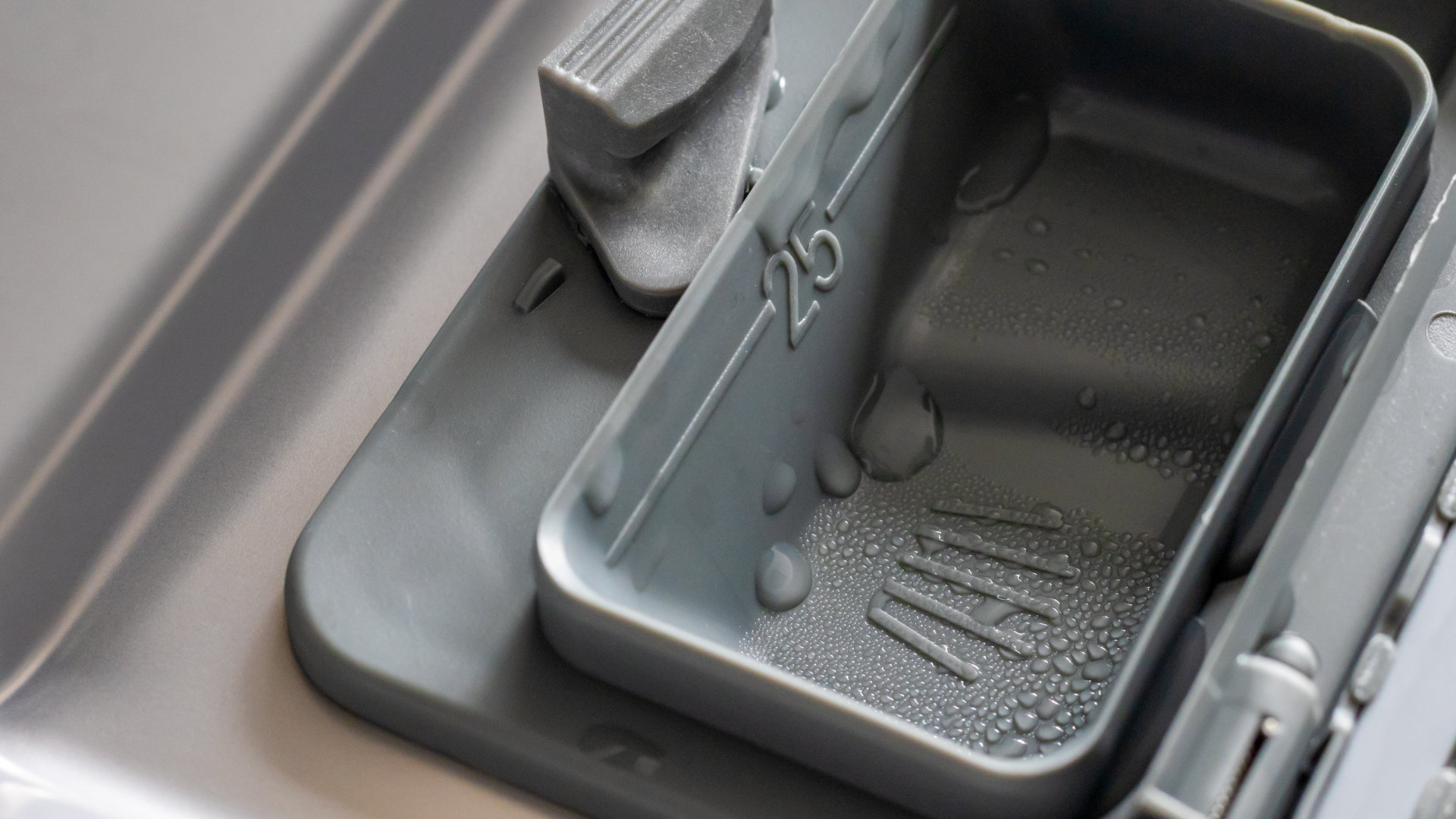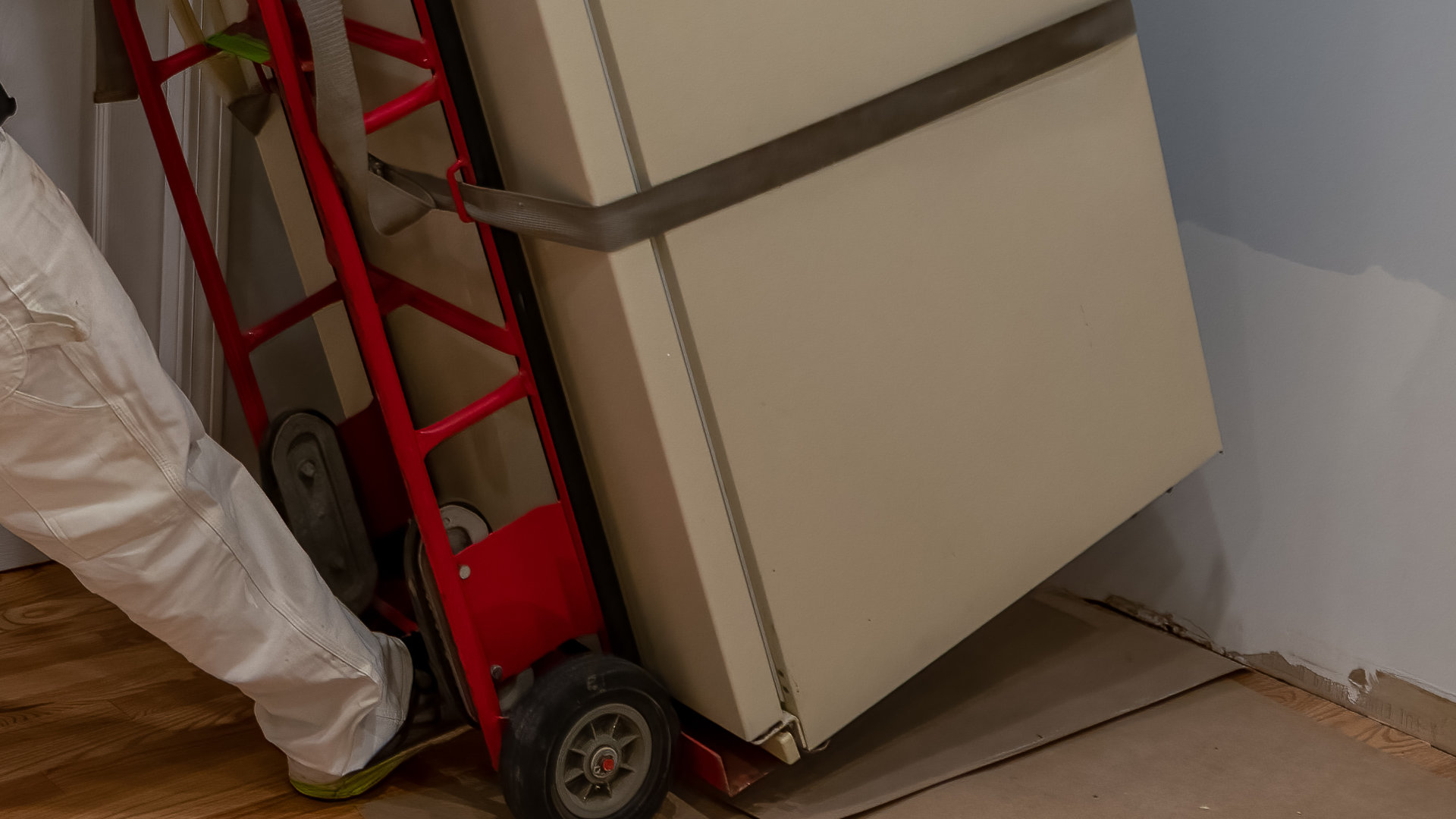
The skills to repair common household appliances when acquired are very handy. You can put these skills to use in repairing your home appliances and save yourself some money. Or you can establish for yourself a career as an appliance repair technician. Whichever route you decide to take, one thing for sure is you need to know not only the best tools for appliance repair but also how to keep them in excellent condition. So to help you out, here are three maintenance tips you need to practice when working with tools.
- Clean Your Tools After Every Use
Don’t just dump your tools back into storage after use! Clean them and clean them properly. Depending on the device and its use, you can go for a simple wipe down with a rug. If they are excessively dirty, use soap and water to ensure your tools are sparkling clean. For power tools, you must use an air compressor to get all the dust off. And while you at it, lubricate the moving parts as well. Cleaning your tools after every single use can seem like a daunting task. But think about the investment you have put in to acquire them. Wouldn’t you want them to serve you for as long as possible? So make it a habit to clean your tools after every use. The first few times might be challenging, but soon you will get the hang of it, and it will become part of your process when working with tools.
- Inspect For Damage
Your repair tools might need repair every once in a while. And the sooner you spot the damage; the higher your chances are to increase the longevity of your tools. And yes, this is another maintenance tip you need to make part of your process when working with tools. It does not have to be after every use, but you should create a routine that allows you to inspect your repair tools for damage frequently. Look out for loose or splintered handles, moving parts that are not operating smoothly, signs of rust or corrosion, and any other visual damages. And depending on the level and form of damage, repair it yourself if you can. If you can’t, have a professional look at your damaged tool. For your safety, if the damage on your tool requires parts replaced, please avoiding using it until you do so.
- Properly Store Your Tools
How you store your tools plays a significant role in keeping them in good condition. For repair tools used in the house set up, a toolbox or bag should be adequate storage. However, if you are an appliance repair technician, you will need to put more consideration into your storage space. Depending on the storage space available for your tools, you can work with pegboards, shelves, drawers, or boxes. Whichever storage option you settle for, always follow the repair tools the storage guidelines below:
- Store your tools in dry places. Invest in a dehumidifier or air conditioner to prevent dampness in the room
- Store your tools in their original cases whenever possible, to protect them from damage.
- Have silica gel packs or anti-rust liners on your shelves or drawers to prevent rust or corrosion attack on your repair tools.
Repair tools are an investment, and you should treat them as such. The above three tips should see the tools serve you for days to come. But this is just a tip of the iceberg of what you can learn at Fred’s Appliance Academy about working with tools. If you are looking to establish yourself as an appliance repair technician, we have expert knowledge and skills to equip you. To learn more tips about appliance repair or sign up for classes, contact us today.

How to test a gas range ignitor

Congrats to our graduating March 2024 class

How to test a 120 volt receptacle

Congrats to our graduating February 2024 class

Why Is Your Dishwasher Soap Not Dissolving? (5 Easy Fixes)

Refrigerator Dripping Water Inside? 5 Quick Fixes

Appliance Industry 2023 Q4 Results

Congrats to our graduating January 2024 class

Clever ways to use airbags to level your appliances



